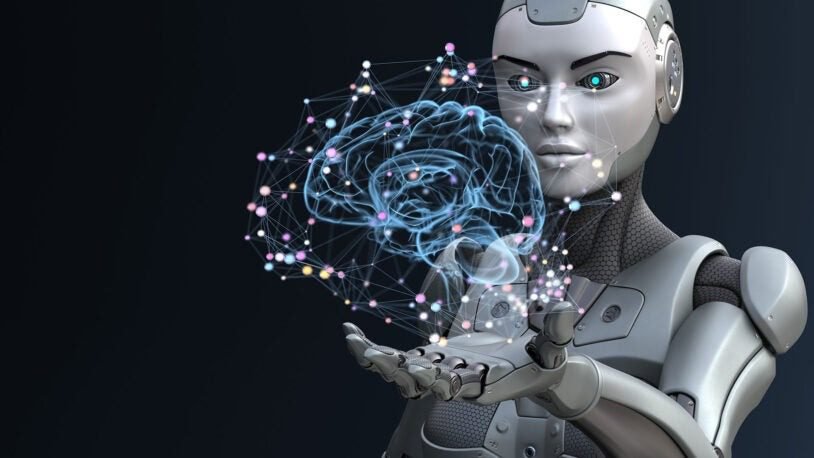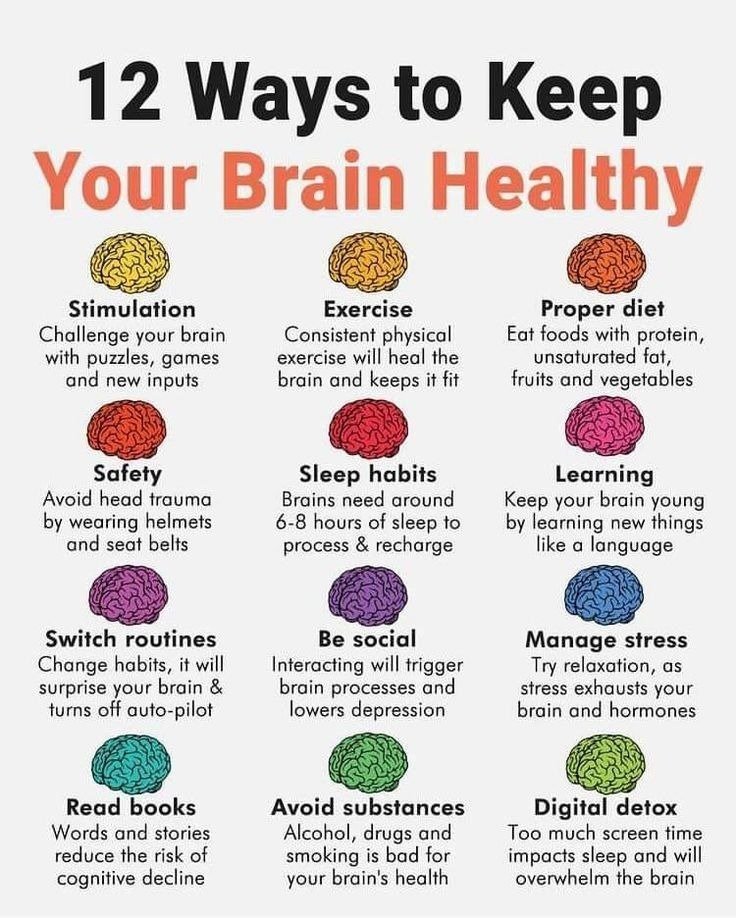Artificial intelligence (AI) and robotics are revolutionizing the field of neurology, offering new opportunities for enhanced diagnostics, personalized treatments, and improved patient care. By 2025, these technologies are expected to become integral to modern neurology practice, transforming how we approach neurological disorders.
AI in Neurology: Current Applications and Future Potential
Enhanced Diagnostics
AI-driven analysis of imaging and genetic data has already led to earlier and more accurate diagnoses of conditions such as multiple sclerosis, Parkinson’s disease, and Alzheimer’s disease. By 2025, AI algorithms will likely become a standard tool in diagnostic settings, helping healthcare professionals detect neurological disorders earlier and more accurately.
Robotics in Neurological Surgery
Robotic systems are increasingly being used in complex brain and spine surgeries, offering enhanced precision and reduced invasiveness. In 2025, advancements in robotic technology are expected to further expand the capabilities of neurosurgeons, making these procedures even safer and more effective.
Personalized Treatment Plans
AI is enabling the development of personalized treatment plans based on individual patient data. By analyzing genetic, imaging, and clinical data, AI algorithms can predict patient outcomes and tailor treatments to maximize efficacy and minimize side effects. This approach is particularly promising for managing chronic neurodegenerative diseases.
Telemedicine and Remote Monitoring
Telemedicine and web-based interactive health platforms have become integral to neurology practice. AI-powered tools can enhance these platforms by providing real-time monitoring and analysis of patient data, enabling early detection of potential issues and timely interventions.
Challenges and Ethical Considerations
Data Privacy and Security
The use of AI in neurology relies heavily on large datasets, raising concerns about data privacy and security. Ensuring that patient data is protected and used ethically is a critical challenge that must be addressed to maintain public trust.
Algorithm Bias and Generalizability
Ensuring that AI algorithms are free from bias and can generalize across diverse patient populations is essential for equitable and effective healthcare. Federated learning, a technique that allows algorithms to learn from multiple datasets without compromising data privacy, is one approach being explored to address this challenge.
Ethical Use of AI
The ethical use of AI in neurology includes considerations around patient autonomy, informed consent, and the potential impact on the patient-physician relationship. Neurologists must be well-versed in both the benefits and risks of AI-driven medicine to ensure that its use aligns with the best interests of their patients.
Conclusion
The integration of AI and robotics into neurology is transforming the field, offering new opportunities for enhanced diagnostics, personalized treatments, and improved patient outcomes. As we look to the future, addressing the challenges and ethical considerations associated with these technologies will be crucial for realizing their full potential. With continued advancements and thoughtful implementation, AI and robotics have the potential to significantly improve the lives of patients with neurological disorders.




